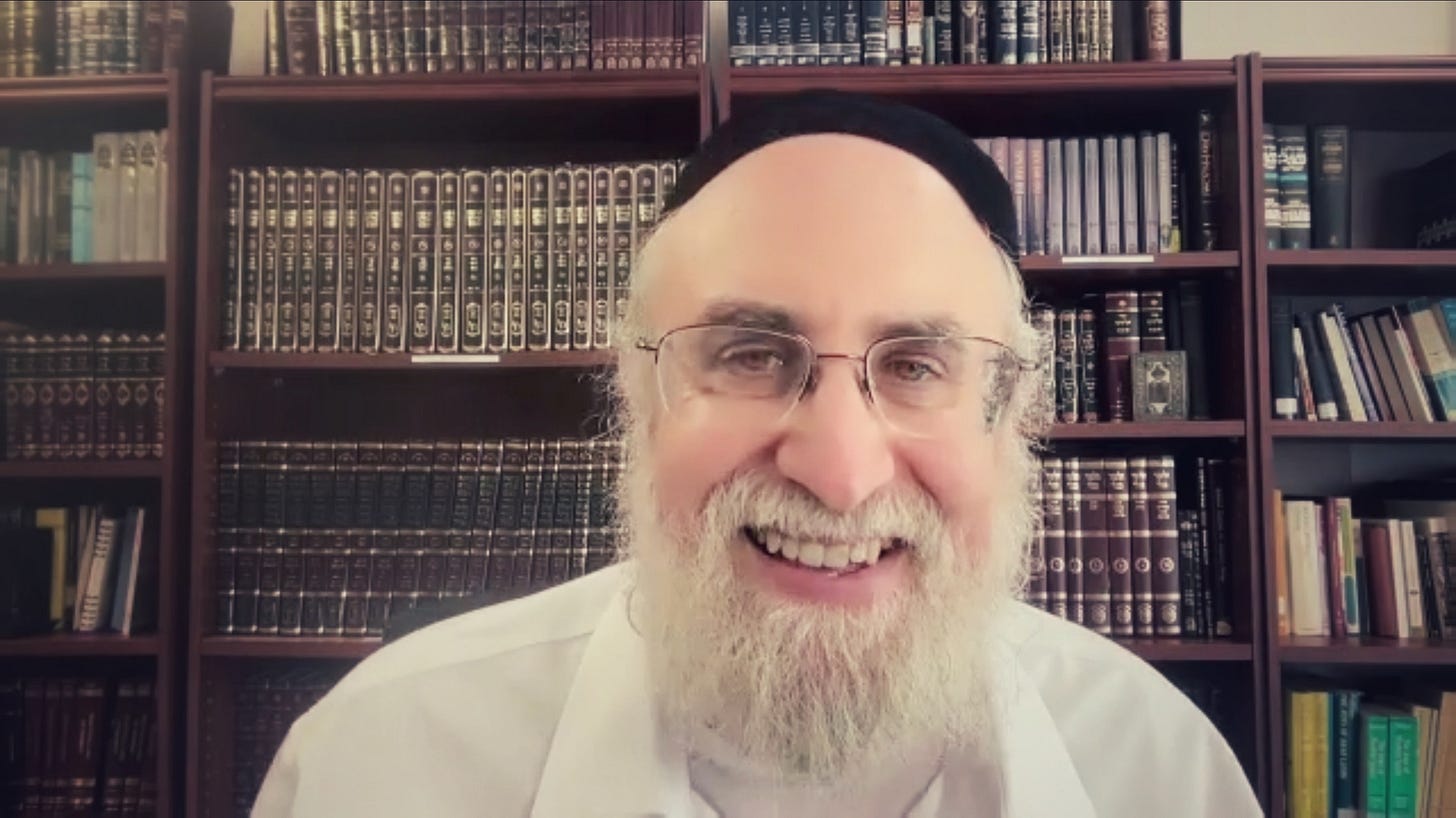When is Violence Okay
from a Facebook post by Jihadi Jew
These principles make sense to me, I am glad to know that my main source of religious education and moral guidance is ethical about the use violence. Many are not, as has been revealed by October 7, 2023.
I am sharing these principles from Lee’s Facebook post here because I think it’s helpful for people to have some principles carved out in words. As a woman who’s survived lots of male violence and who is the daughter of a domestic violence survivor, and who has a daughter and granddaughter, it’s important to me that men in my life whom I allow close to me in any capacity, including any professional capacity and including friendship, have a solid and safe position regarding violence and use of force against humans.
Lee’s overall human example, his teaching, and my many discussions with him, have changed my mind about several key things in the Israel—Palestine conflict since October 7th and I appreciate the opportunity to learn and grow.
You change minds and hearts with love and compassion and connection. That’s the road to peace — the vagus nerve.
Below Lee’s photo are his words, comments welcome please be constructive and civil.
I have been asked to share what I am FOR in terms of the use of violence based on my understanding of Torah. So let me share a few thoughts understanding both that I am no halachic expert and that even if I were the extension of existing halacha to the use of police and military powers of a state is difficult. Unlike many other areas of halacha, this is not an area that has been much explored. So I will be talking about basic principles as best as I understand them. Feel free to comment, commend or dispute. —Lee Weissman
1). I believe that people have the right to defend themselves and others from immediate threats to life. This is a form of limited permission and not a license. The Gemara (Sanhedrin 72a) suggests a currently much-touted principle “If someone comes to kill you, rise up and kill them first.” This is cited in the specific instance of a person breaking into your home. In this ancient version of the “Castle Doctrine” it is assumed that the burglar knows that the owner will defend their property and is prepared to kill the owner, therefire they are pursuer (a rodelf). Here is the basis of self-defense. If someone is coming to kill you or someone else, you may use deadly force.
A bit later on however, the Rabbis discuss inconclusively how sure you need to be of the motives of the burglar. Are you sure they are breaking in? What if it is your son? What if? A modern application of this principle in national self-defense will have to explore that "What if?" question more carefully.
If the "murderous intent" of individuals is questionable, how much moreso the intent of entire populations.
I believe in the right to self-defense, as long as the danger is immediate. I think that especially when using police or military violence we have to be very careful not to over extend self-defense to include civilians, children, women and elderly who are not mortal threats.
2). I believe that violence is a last resort not a first resort. The Torah commands an “offer of peace” (surrender) before siege or attack. In a modern context, to me, that means that diplomatic efforts precede attacks. (And that doesn’t mean you have to enjoy it. The diplomatic efforts described in Tanakh sound no more pleasant than today)
3). I believe that military and police actions, like medicine require expertise. (mumchim) Very consistently, members of military and intelligence community both in the US and Israel consistently complain that politicians make poor strategists and create chaos. I agree.
4). I believe that the infrastructure that supports human life should not be destroyed, not in war and not by whim. This is a straight-up Torah value. (Don’t destroy fruit trees during a siege)
5) I believe that modern warfare may be inherently immoral. The weapons we now use are so destructive that distinguishing between combatants and non-combatants and protecting infrastructure is virtually impossible.
6). I believe that as a “light unto the nations” the Jewish people are here to model kindness, to create and share the tools to create lasting peace in the world. This cannot be accomplished by a militaristic society which inevitably inculcates a culture of cruelty.




The great contradiction of Zionism is that given the neighborhood, creating a "militaristic society" is almost a requirement. Any nation, every nation that wants secure borders must have the ability to defend them.
Put another way: as soon as the Israeli flag goes up, G*d can say: "I have fulfilled my end of the Covenant because I have brought you into the Promised Land. But what happens next is on you."
A militarized Jewish state is not an answer as much as a question: If you object to the existence of a militarized Jewish state, then why don't you object to *all* the militarized states?